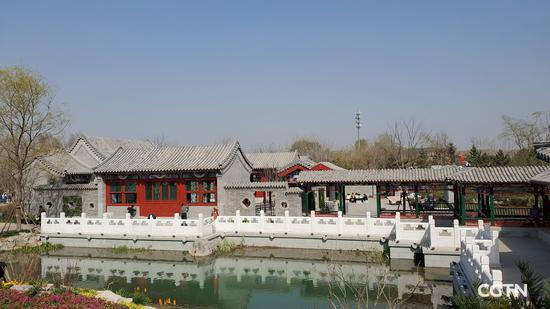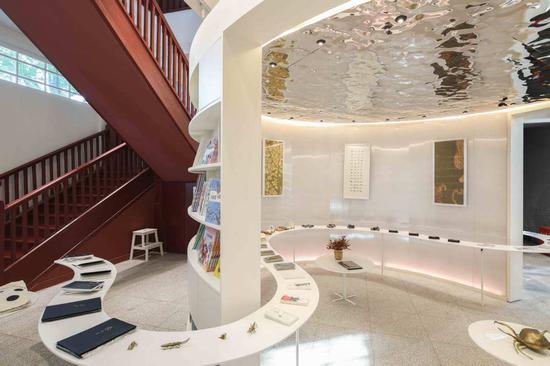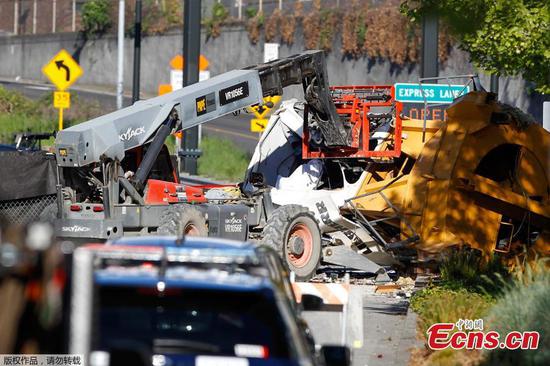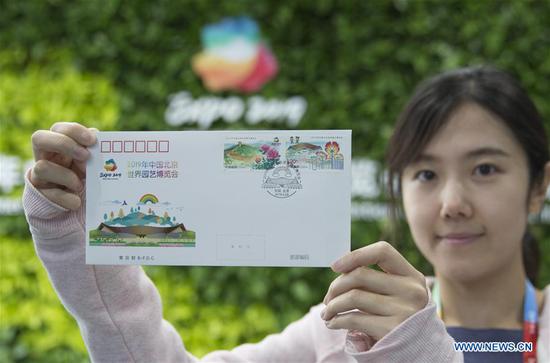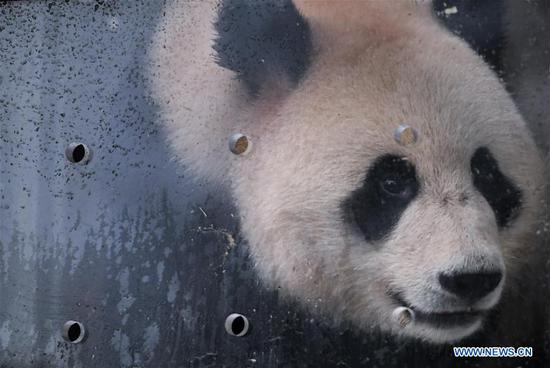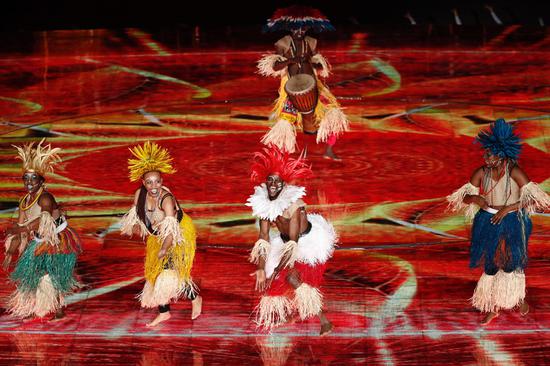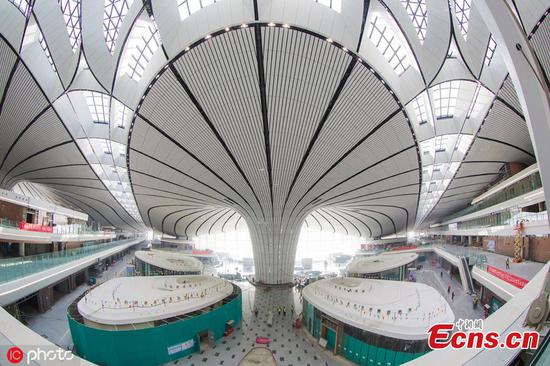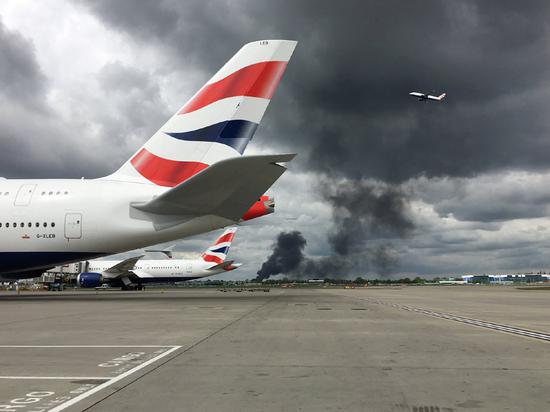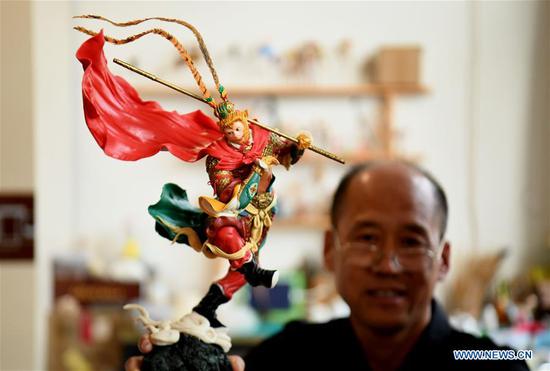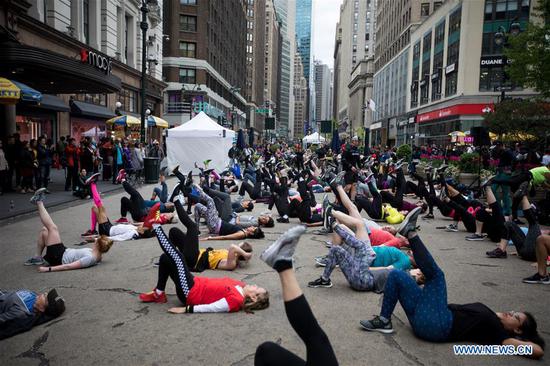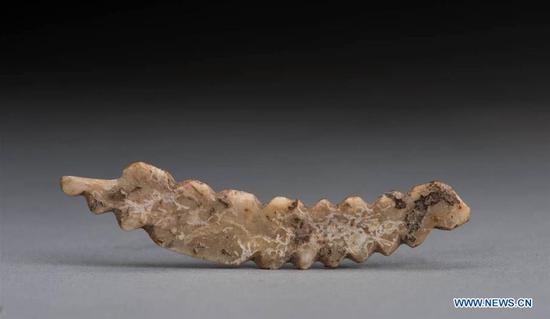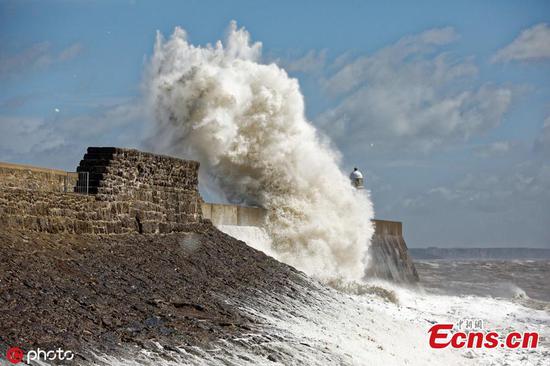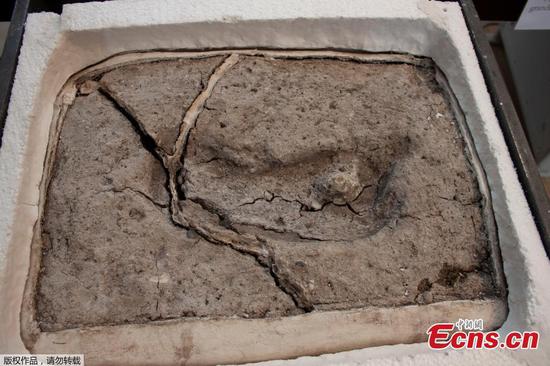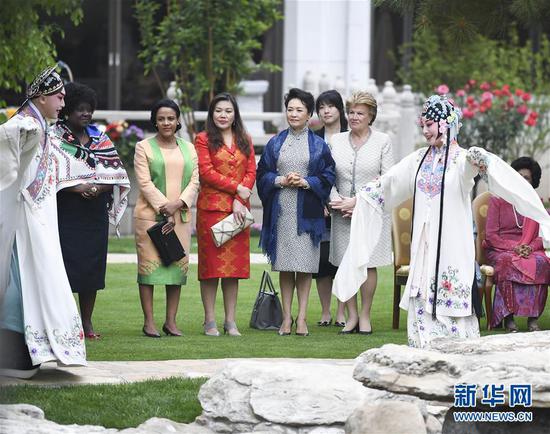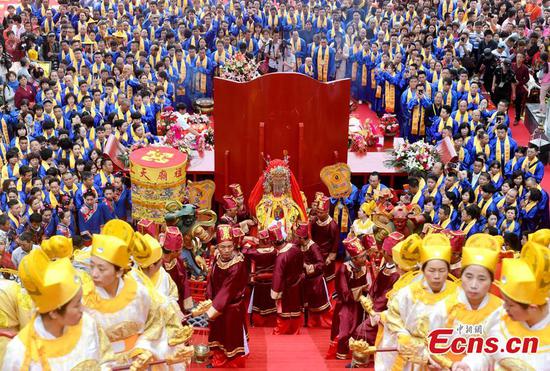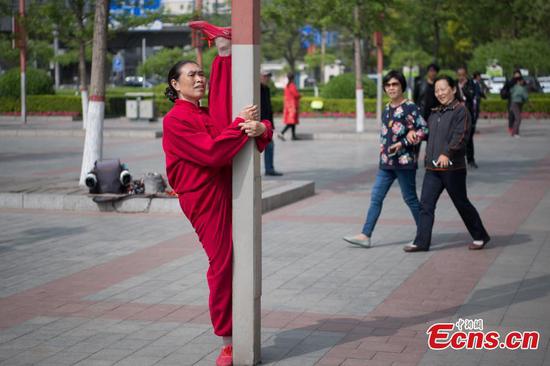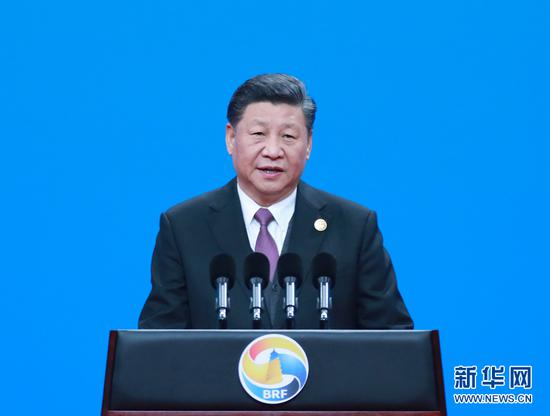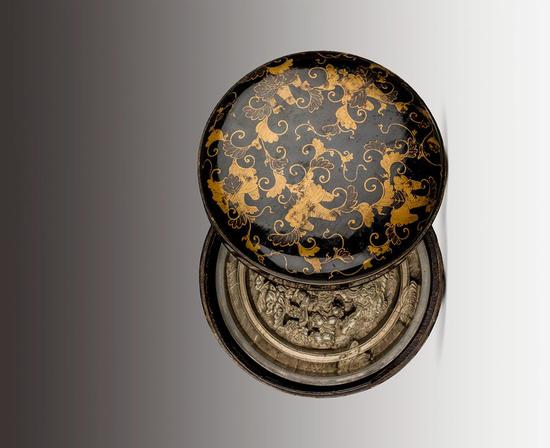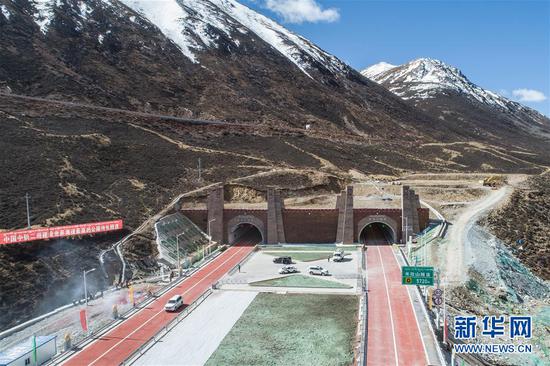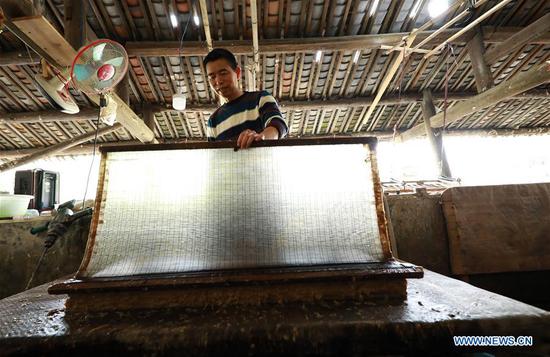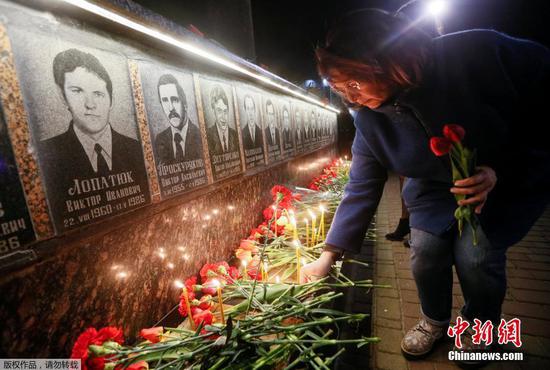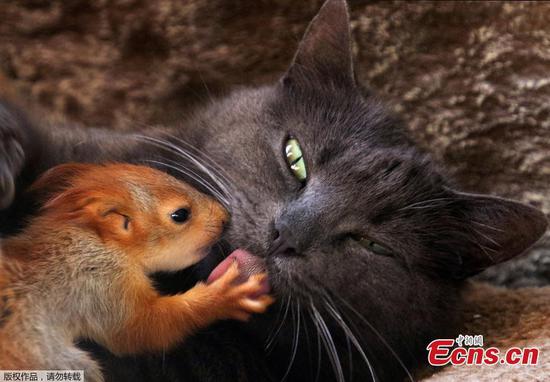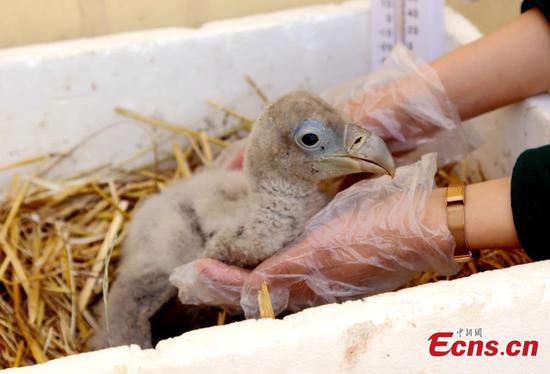Liu Xiaoming, China's ambassador to the United Kingdom, has called on Britain to work with Huawei on its 5G network infrastructure and for it to resist pressure to join a United States-led boycott of the Chinese telecommunications company.
The UK security services have spent months reviewing Huawei's operations after allies of Britain, including the United States, Australia, and New Zealand effectively banned Huawei kit due to security concerns.
The Daily Telegraph reported last week that the UK National Security Council, or NCS, had decided to grant British mobile operators permission to use Huawei 5G equipment. The Telegraph obtained the information via a leak and the government is yet to confirm the report.
U.S. President Donald Trump's administration is expected to launch a fresh round of lobbying and apply pressure on the British government urging a ban of Huawei 5G kit.
A U.S. state department representative is reportedly scheduled to give a briefing on Monday and warn of the alleged risks associated with Huawei equipment.
Liu urged UK policymakers to reach an "independent decision" and act "in accordance with their national interests".
He pointed to several recent examples where Britain was among the first in the West to work with Chinese partners on foreign policy and investment measures, including the UK supporting both the Asian Infrastructure Investment Bank and the Belt and Road Initiative.
"When it comes to the establishment of the new 5G network, the UK is in the position to do the same again by resisting pressure, working to avoid interruptions and making the right decision independently based on its national interests and in line with its need for long-term development," Liu wrote on The Telegraph.
He said the UK bears responsibility in "safeguarding free trade and opposing protectionism".
"The last thing the world needs is the introduction of any sort of discriminatory measures towards companies involved in 5G network development," he said. "The last thing China expects from a truly open and fair global Britain is a playing field that is not level."
Huawei's involvement in 5G has become a divisive issue in Britain. Several members of Parliament are concerned that giving the company the green light risks eroding the trust of allies in the intelligence community. On Sunday,Jeremy Hunt, the UK's foreign secretary, said the government should proceed with a "degree of caution" when considering the role of large Chinese companies operating in the UK.
Margot James, minister for digital and the creative industries, supports Huawei's participation in the UK's 5G rollout, and said the government is right to act on recommendations supplied by the UK National Cyber Security Centre, which has found no evidence to support the U.S. claim that Huawei is involved in digital espionage.
Analysts have also warned that a Huawei ban would have a significant impact on the British economy. Huawei is a leading supplier of global network infrastructure, and a recent report from London-based technology analysts Assembly Research estimated that a ban on Huawei would delay the 5G rollout in Britain by up to two years and cost the economy up to 6.8 billion pounds ($8.8 billion).
Meanwhile, UK Cabinet Secretary Mark Sedwill has written to members of the National Security Council to inform them that an inquiry has been launched to determine who leaked information from a classified meeting to The Telegraph.
Jeremy Wright, who is secretary of state for digital, culture, media and sport, said the inquiry could be escalated into a criminal investigation.










